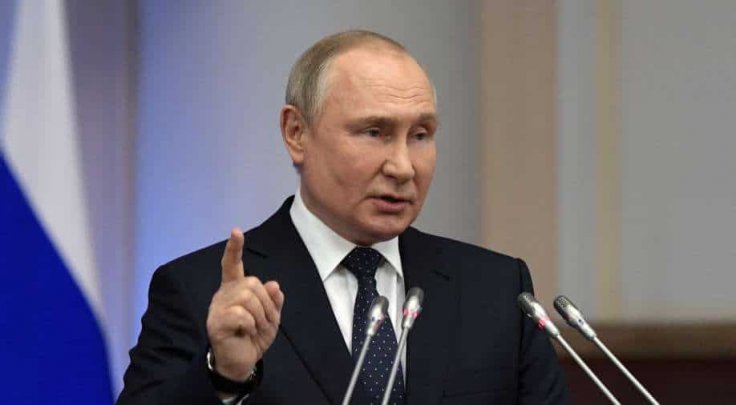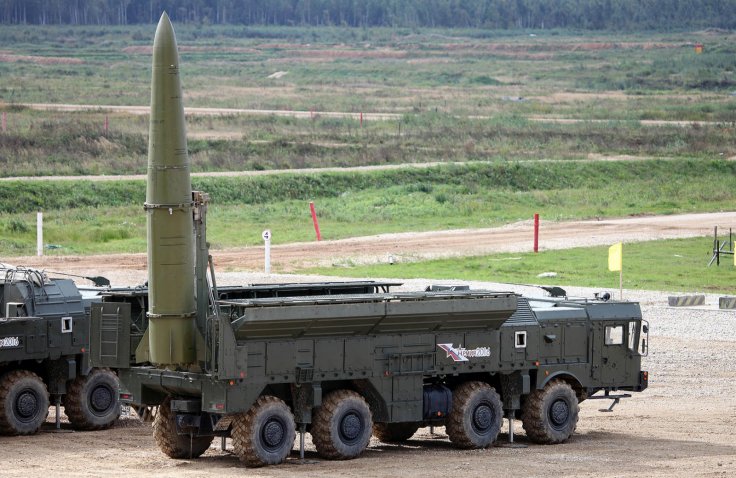Russian President Vladimir Putin has shifted gears in the ongoing war against Ukraine with the announcement that he has ordered a partial mobilization in the country. This comes in the seventh month of the war and after Russia suffered strategic setbacks in the northeastern war front.
This would be the first Russian 'mobilization' since World War Two. In a recorded message telecast on state TV, Putin attacked the West and warned that he would not buckle under the "nuclear blackmail".

"If the territorial integrity of our country is threatened, we use all available means to protect our people - this is not a bluff," Putin said in the address to the nation. He said Putin said the West wants to destroy Russia and that Ukraine's people are turned into 'cannon fodder' by the West.
Putin also underscored the Kremlin's commitment to liberate the Donbas region, where Moscow-backed local administrators are pushing ahead with a referendum on joining Russia this weekend.
What are the Implications of Partial Mobilization?
Having signed off on the decree of partial mobilization, Putin has taken the conflict to another level. The ramifications of this move are grave and of of potentially serious consequences. '
Here are Seven Key Points
1. Technically, by signing partial mobilization, Putin has placed the country's people and economy on a wartime footing.
2. The move paves the way for possible conscription of Russian men of fighting age. A long-drawn war against Ukraine, which is supported by the West, will mean that Russia will have to increase its military strength.

3. The partial mobilization will begin on Wednesday. Though more details are yet to come, what this means is that Putin will immediately channel more money into the war machine. He has also said he is increasing the funding to boost weapons production.
4. The obvious implication of the mobilization is that Russian businesses and individuals will have to cough up more money to fund the war machine.
5. Russia could formally declare war on Ukraine. In February Russia said it was launching a special military operation against Ukraine. The terminology can change now, with the partial mobilization in place.

6. Putin is giving the clearest ever signal that he is not averse to the use of nuclear weapons, tactical or otherwise, as it battles a united West. He said Russia has "lots of weapons to reply" to the West.
7. The Partial mobilization coincides with the referendum move in the Donbas region. By formally annexing Luhansk and Donetsk as well as the southern regions of Kherson and Zaporizhzhia, Putin would be in a position to strategically alter the war narrative, the Kremlin calculates. Once the regions are technically annexed, Moscow will cite territorial integrity and sovereign rights in the war to hold on to the regions.








